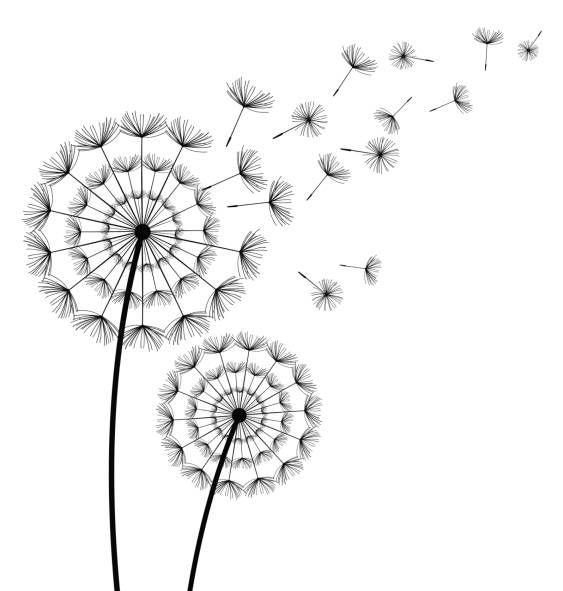
3 minute read
The Buzz about Beekeeping
What’s All the Buzz About Honey Bees? by Lynn Huntington
Interest in beekeeping and pollinators has increased dramatically in the past decade, and the year of the pandemic has further boosted the attraction of gardening and all activities related to growing our own food and respecting the environment.
Beekeeping is a truly fascinating backyard hobby, although it may not be for everyone. My family’s own interest in beekeeping came about after decades of gardening and the desire to learn more about honey bees, but mostly to amplify production in our flower and vegetable beds.
If you become one of the tens of thousands of beekeepers in this country, you may see increased production from your gardens thanks to the added abundance of pollinators. Especially enhanced are plants like cucumbers and squash. Fruit trees rely heavily on insect pollinators and honey bees fit the bill perfectly.
Honey bees are not native to North America but when you plant more native species beneficial to honey bees, you will also see a surge in native bees and butterflies gracing your gardens. Colorful birds will be attracted to visit as well, perhaps even to nest on property sporting a bounty of native plants. Benefits of keeping bees are many and can take you down a dozen different paths. The most obvious is honey. If you eat honey then knowing where your honey comes from is an enormous advantage. Honeybees can range up to five miles, but if you provide what they need from the beginning to the end of their season of activity they will stay close to home.
Even if you don’t eat honey, you can leave it for the bees and still enjoy the art and science of keeping bees. Other potential benefits may interest you as well. For example, candle making or the now-popular wraps for leftovers that are coated with beeswax (available in Honest Weight’s housewares aisles), or you might develop an interest in apitherapy (alternative therapy that uses honey bee products) and its potential health benefits. Maybe you just want to raise queens as a sideline business (yup, that’s a thing).
Once you’ve decided to give it a go, what’s next? Stop right there and read everything you can get your hands on. Then sign up for a local class on beekeeping; joining beekeeping clubs may prove surprisingly useful because you will find mentors, experts, and newbies with questions that hadn’t crossed your mind. Many clubs offer a lending library to members who have paid modest dues and some even make equipment loans available.
Other first steps to take: • Research any restrictions in your locale. • Consider your close neighbors; if there is a pool nearby and you have not done a good job of providing water, they will visit your neighbors. • Are you allergic to stinging insects?
You will get stung; for most it’s a minor annoyance though for some it can be serious. Even the best-equipped beekeepers get stung from time to time— although I have experienced entire seasons with no stings at all. • Do you have an appropriate spot to place your hives?
Local bee resources
Clubs include:
Capital Area Beekeepers This group meets in East Greenbush; now most meetings are via Zoom https://www.facebook.com/Capital-Area-Beekeepers-CAB website at https://cab.wildapricot.org/ Columbia County Beekeepers This group meets in Hillsdale; now most meetings are via Zoom https://www.facebook.com/ccnybees website at http://www.ccnybees.org SABA, Southern Adirondack Beekeepers Association This group meets in Ballston Spa; now most meetings are via Zoom https://www.facebook.com/Southern-Adirondack-Beekeepers-Association website at https://sababees.org You can also attend farther-flung groups and ask members about clubs closer to you.

Local Classes
Bee Hollow Farm: https://www.beehollowfarm.com/ Betterbee: https://www.betterbee.com/ Hudson Valley Bee Supply: http://www.hudsonvalleybeesupply.com/ If you have decided not to become a beekeeper yourself but want to support bee populations, both native and not, there are some important things you can do. Save dandelions! Please don’t poison your lawn; is it really that important to have a perfect green carpet out there? • Let the dandelions and clovers live, for they are great resources for bees. • Plant native flowers, shrubs, and trees. • Look for plants that are organic and native. You need only walk out of
HWFC’s door to find them! (see garden team article, page 3.) • If you are looking to add trees and shrubs to your property, support nurseries that sell native plants. Whether hands-on or a few steps out, supporting the bees goes hand in hand with being good custodians of our natural environment.


